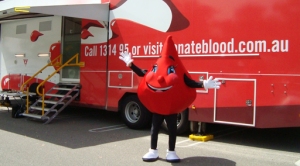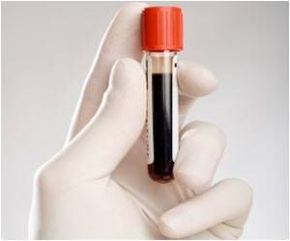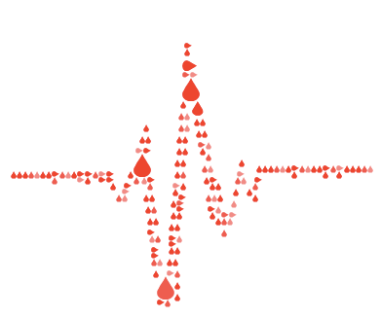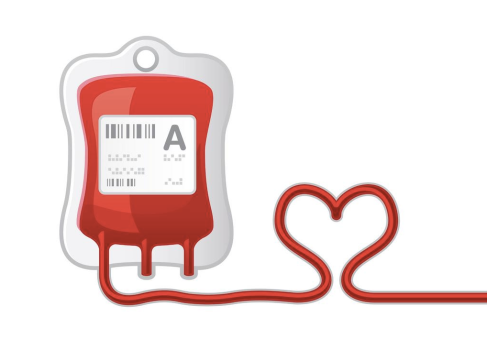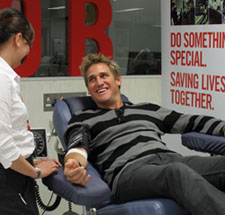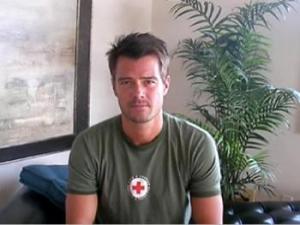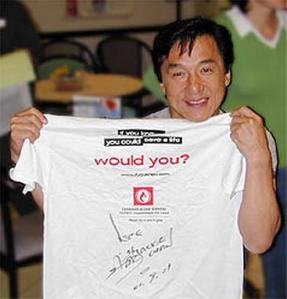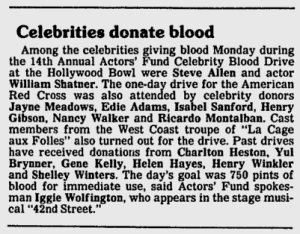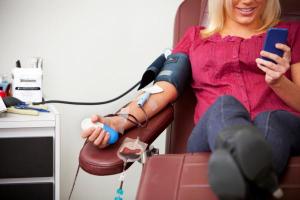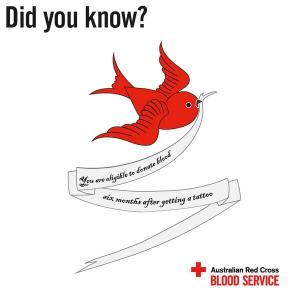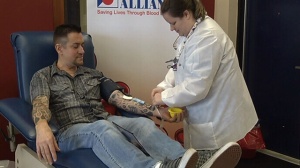It’s finally the end of yet another semester and you’re finding yourself stuck on campus, with only minutes to spare commuting, eating and the occasional power nap. If you’re due for you next donation, or want to give it a crack before you finish up, jet off, or before you change your mind, the Australian Red Cross Blood Service has their donation centres spread far and wide this November and December, for your convenience. Find your university here:
University Of Wollongong Students
- University of Wollongong
- Thursday 31st October: 9am-4:30pm
University Of Newcastle Students
- Calvary Mater Hospital
- Thursday 31st October: 9:30am-3:30pm
- Wallsend, Ausgrid (Formerly Energy Australia)
- Thursday 12th December: 9am-2:30pm
University of Technology Sydney, University of New South Wales and University of Sydney Student
- Town Hall Donor Centre
-
Monday: 8:30am-3:00pm
-
Tuesday: 7:30am-5:00pm
-
Wednesday: 7:30am-5:00pm
-
Thursday: 7:30am-5:00pm
-
Friday: 7:30am-5:00pm
-
Saturday: 8:30am-4:00pm
-
- Elizabeth Street Donor Centre for Whole Blood Donations (check times for other donations here)
-
Monday: 7:30am-4:00pm
-
Tuesday: 7:30am-4:00pm
-
Wednesday: 7:30am-4:00pm
-
Thursday: 12:00pm-5:00pm
-
Friday: 7:30am-4:00pm
-
Macquarie University Students
- Optus, Macquarie Park
- 11th November – 15th November: 8:30am-2:00pm
Charles Sturt University Students
- Bathurst McDonalds
- 2nd December: 12:40pm-5:10pm
- 3rd December: 9:10am-1:30pm
- 4th December: 9:10am-3:40pm
- 5th December: 9:10am-3:40pm
- 23rd December: 12:40pm-5:10pm
- 24th December: 9:10am-1:30pm
- 30th December: 12:40pm-5:10pm
- 31st December: 9:10am-1:40pm
- 2nd January: 9:10am-3:40pm
Australian National University and University of Canberra Students
- Belconnen Town Centre
- 13th November: 9:00am-2:30pm
- 14th November: 9:00am-2:30pm
- 15th November: 8:50am-12:50pm
- 18th November: 9:30am-3:00pm
- 19th November: 9:00am-2:30pm
- 20th November: 9:00am-2:30pm
- 21st November: 9:00am-2:30pm
- 22nd November: 8:50am-12:50pm
- Australian National University
- 3rd December: 11:00am-4:40pm
- 4th December: 9:00am-2:30pm
- 5th December: 11:00am-4:40pm
- 6th December: 8:50am-12:50pm
If we have missed your university, or you would like some information on centres near your TAFE, please comment below and we will endeavour to bring you those details. To book your appointment at any of these centres, and more, give the Australian Red Cross Blood Service a call on 13 14 95 or simply visit https://www.donateblood.com.au/ready-to-donate/make-appointment.

